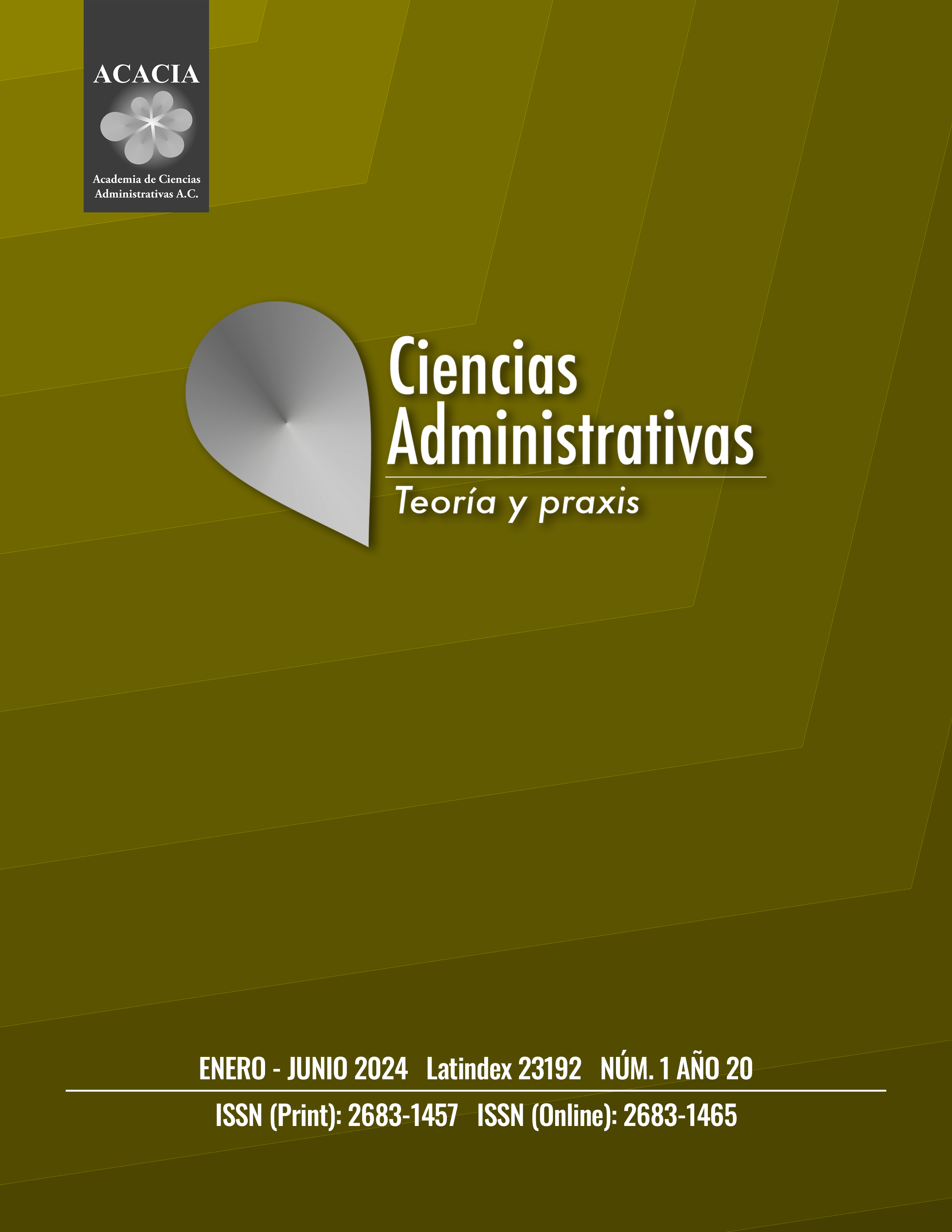Theoretical model for understanding the relationship between resident types and sustainability in tourist communities
DOI:
https://doi.org/10.46443/catyp.v20i1.364Keywords:
resident types, sustainability, tourist communitiesAbstract
In this article, we present a theoretical model based on social representations theory to analyze the relationship between types of residents and sustainability in tourist communities. Through a systematic review of open-access articles addressing residents' types and sustainability, we identified five types of residents: development proponents, conservationists, prudent developers, alternative developers, and ambivalent residents. These types reflect how residents interact with their environment to promote sustainable practices. This study has theoretical implications as it provides a theoretical model that will guide future research into the implementation of sustainable practices from a community perspective. Additionally, it offers practical contributions by providing decision-makers with strategies to promote sustainable actions in different communities. In conclusion, this article expands the field of sustainability research and lays the foundation for balanced and responsible development in harmony with the community.

Published
How to Cite
Issue
Section
License

This work is licensed under a Creative Commons Attribution-NonCommercial-NoDerivatives 4.0 International License.















